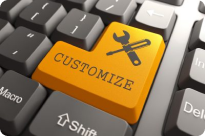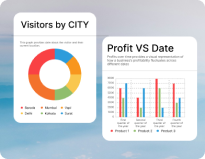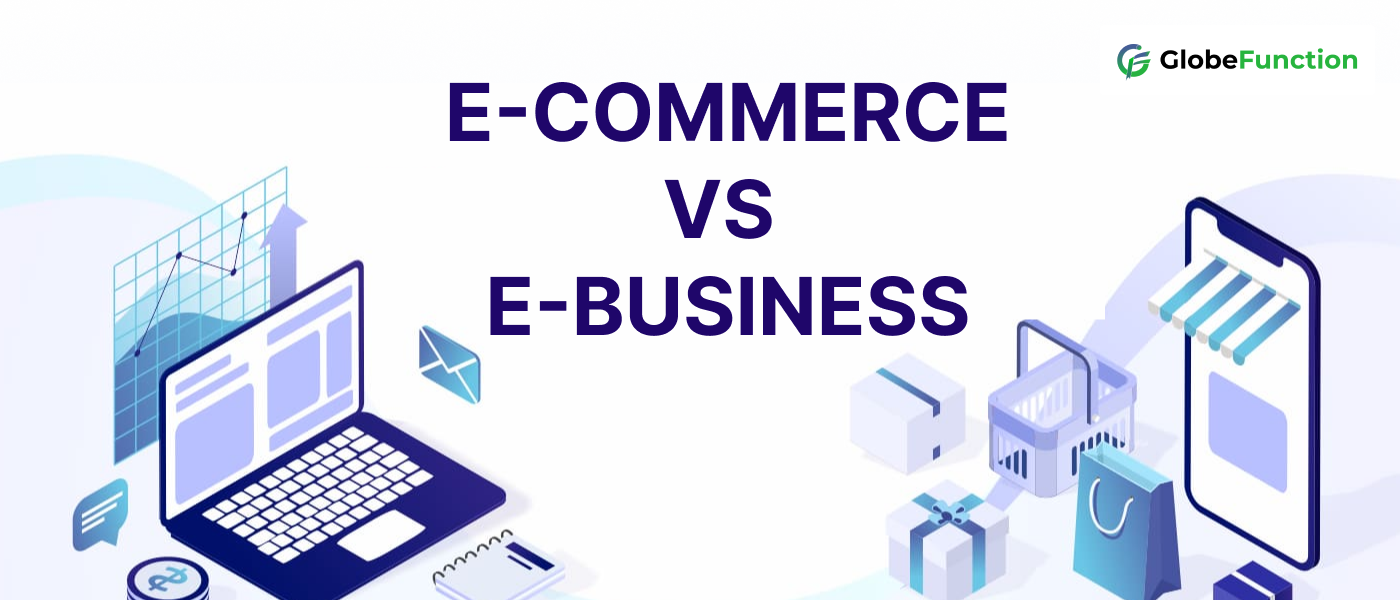Introduction
Differences between e-commerce and e-business are often used interchangeably, but understanding the nuances between them is crucial for businesses seeking to thrive in the online realm. Let’s explore the fundamental distinctions that distinguish e-commerce from e-business.
Definition
E-Commerce
E-commerce, short for electronic commerce, is a subset of online business activities that specifically involves the buying and selling of goods and services over the Internet. It’s the virtual marketplace where transactions occur, facilitated by online platforms and payment gateways. Popular e-commerce giants like Amazon and eBay exemplify this model.
E-Business
While e-commerce focuses on online transactions, e-business encompasses a broader spectrum. E-business refers to the integration of information technology into all aspects of business operations. It goes beyond transactions, incorporating digital processes into internal functions and external interactions.
Major Differences Between E-Commerce and E-Business
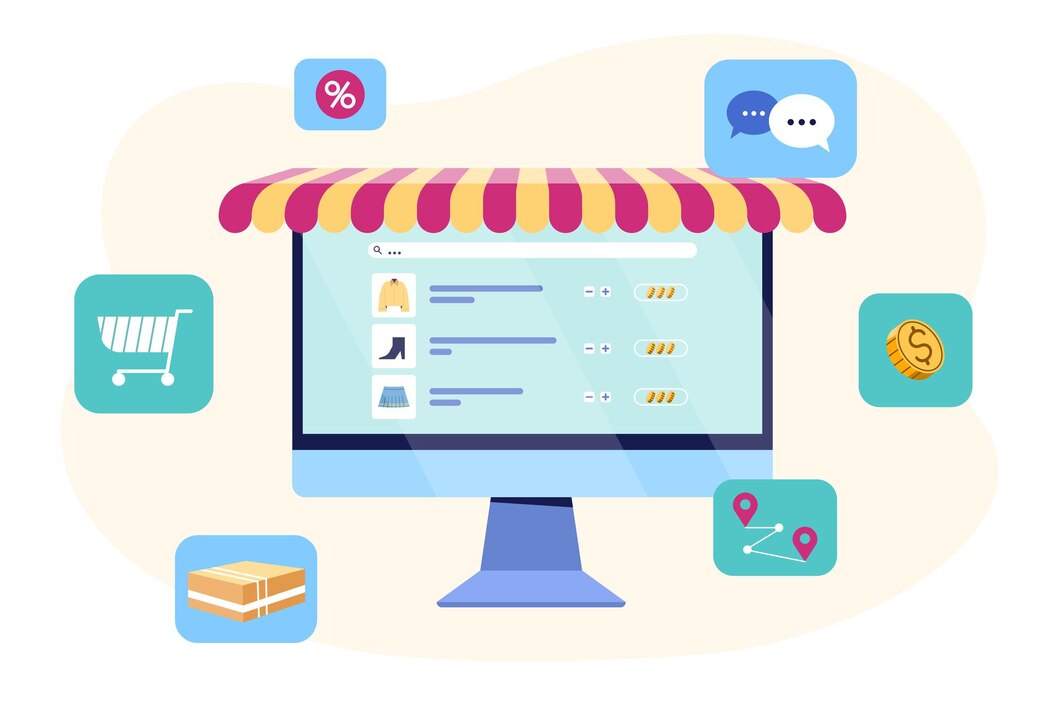
| Feature | E-Commerce | E-Business |
|---|---|---|
| Scope | Mainly buying and selling online | Includes all business activities |
| Nature | Part of E-Business | Covers more, not just buying/selling |
| Activities | Online buying and selling stuff | Also includes inside business things like planning, managing, etc. |
| Goal | Making money | Making everything work better |
| Interaction | Mainly deals with customers | Involves everyone – inside and outside the business |
| Components | Websites, online payments, etc. | Same as E-Commerce plus more tools like managing info, resources, etc. |
| Integration | Focused on transactions | Puts everything together for a smooth business flow |
| Technology | Websites, online money systems | Uses tech for everything in the business, not just sales |
| Focus on Customers | Mostly on people buying things | Looks at everyone involved, both inside and outside |
| Example | Like an online shop | Like an online shop but also manages how things work behind the scenes |
| Platforms | Amazon, eBay, Shopify | Bigger ones like SAP, Oracle, Microsoft Dynamics |
Components
E-Commerce
E-commerce has a narrower scope, concentrating on transactions and the associated processes. Common components include online shopping carts, secure payment gateways, and digital storefronts. It’s about creating a seamless online shopping experience for consumers.
E-Business
E-business, with its broader scope, includes both internal and external processes. Components range from customer relationship management (CRM) systems to enterprise resource planning (ERP) tools. It’s about using technology to streamline operations, enhance customer relations, and foster innovation.
Role of Technology
E-Commerce
In e-commerce, technology plays a vital role in facilitating online transactions. From secure payment methods to targeted digital marketing strategies, technology is a driving force behind the success of e-commerce businesses.
E-Business
In contrast, e-business leverages technology across the entire business landscape. It’s not just about making transactions seamless but also about optimizing internal processes, fostering collaboration, and driving innovation. Technology becomes an integral part of the business’s DNA.
Business Model
E-Commerce
E-commerce boasts various business models, including Business-to-Business (B2B), Business-to-Consumer (B2C), and Consumer-to-Consumer (C2C). These models emphasize direct transactions between buyers and sellers, forming the core of e-commerce activities.
E-Business
E-business, with its expansive nature, adopts diverse business models. Companies excelling in e-business strategies focus on leveraging technology for more than just transactions. They integrate technology into supply chain management, communication, and decision-making processes.
Challenges
E-Commerce
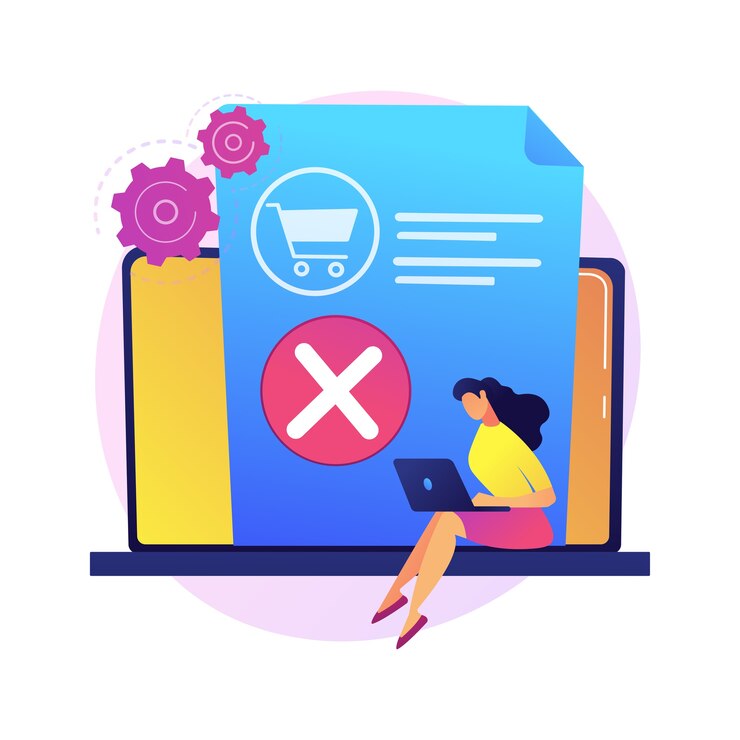
Despite its successes, e-commerce faces challenges such as security concerns in online transactions and the increasing competition leading to market saturation. Overcoming these challenges is essential for sustained growth in the e-commerce sector.
E-Business
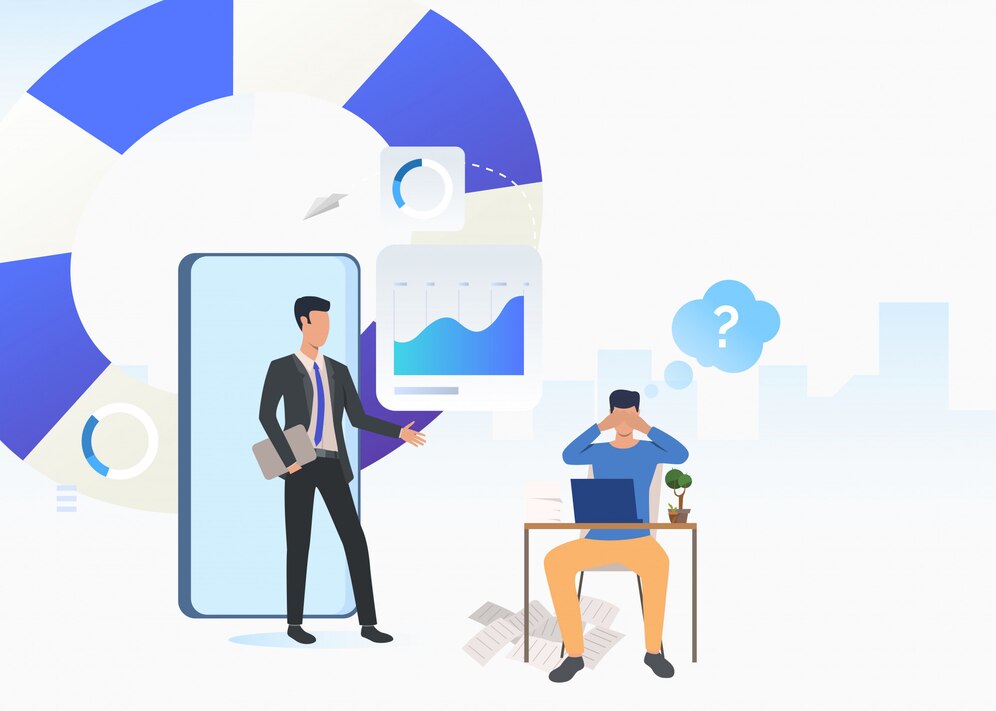
E-business encounters challenges in integrating technology into traditional business structures. Managing and optimizing complex technological systems require strategic planning and continuous adaptation to technological advancements.
Future Trends
E-Commerce
The future of e-commerce sees advancements in mobile commerce (m-commerce) and the growing influence of social commerce. Businesses must stay agile and embrace these trends to stay ahead in the dynamic e-commerce landscape.
E-Business
E-business is heading towards continued integration of artificial intelligence and the expansion of cloud-based business solutions. As technology evolves, businesses that harness these innovations will position themselves for success in the ever-changing digital economy.
Conclusion
In conclusion, while e-commerce focuses specifically on online buying and selling transactions, e-business is a more comprehensive concept that extends beyond transactions to encompass a broader range of digital business activities, including internal processes, collaboration, and communication.
Frequently Ask Questions?(FAQs)
E-commerce is the overarching concept of online commercial transactions, whereas an e-store specifically refers to an online platform for buying and selling goods, with e-commerce encompassing a broader range of online business activities.
Business includes everything we do to make and sell things, while commerce is mainly about buying and selling stuff through trade and transactions
GlobeFunction is a user-friendly e-commerce platform that helps small businesses build an online store and sell online through one streamlined dashboard
E-business is a broader concept encompassing various online business activities, whereas e-commerce specifically refers to online buying and selling transactions
Absolutely! Online shops want you to have fun, so you keep coming back. It’s like having a favorite playground!
Online shops and regular stores can be friends. It’s like having two favorite places to get cool stuff!









